Chile soccer fans can support their team by purchasing Chile Soccer merchandise. Designed and printed by independent artists, these designs are eco-friendly and made with quality materials. Every purchase puts money in the artist’s pocket. We have a variety of Chile soccer t-shirts, caps, and more. In addition, each item is made of recycled materials, which is an excellent choice for the environment.
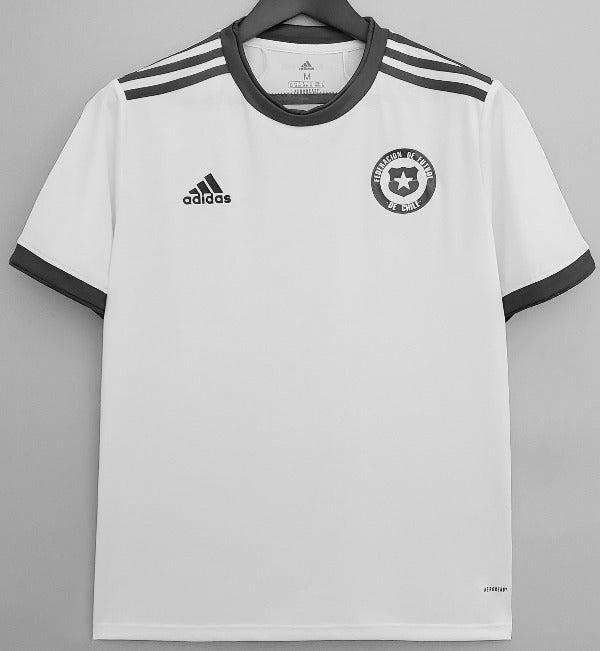
Byron Castillo’s background
Byron Castillo’s background in the Chilean national team is a controversial subject in soccer circles. Many players from poor regions rely on investors to help them get the training they need to become professional athletes. These investors often exchange transfer rights in exchange for the player’s services. In one case, Castillo’s nationality was a topic in a dispute over his transfer rights to a Mexican team. Carlos Yazbek claimed he owed Castillo money from another rights holder and presented a Colombian birth certificate as evidence.
The case has also caused controversy among Chileans. Byron Castillo has claimed that he is Ecuadorian and is a naturalized Chilean. Despite the controversy, Chileans still hope to qualify for the World Cup in Qatar in 2022. The football team’s spokesman says the dispute is unrelated to Castillo’s tournament eligibility.
While playing for the national team, Castillo also played for the Ecuadorian national team in the World Cup qualifiers. Ecuadorian coach Gustavo Alfaro chose Castillo for key matches against Paraguay and Chile. He also played against Uruguay and Bolivia.
Despite this background, Castillo is still a valuable player. He has played in eight Conmebol Qualifiers matches, obtaining four victories and two ties. If the FIFA Disciplinary Committee is found guilty, Ecuador will lose 14 points, costing them a spot at the upcoming World Cup. On the other hand, Chile would gain five points on the table and qualify for the 2022 World Cup.
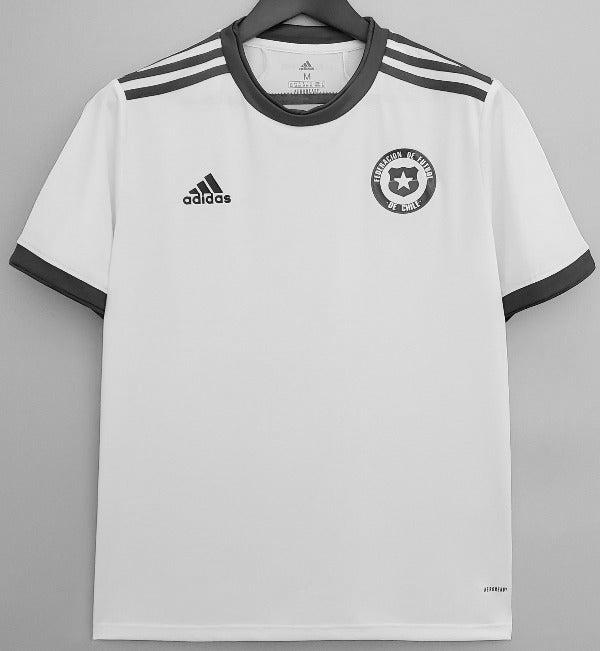
In a recent case between Ecuador and Chile, a Colombian right back was accused of playing for Ecuador while he was ineligible. The Chile soccer federation challenged the player’s eligibility, but FIFA rejected the appeal. Ultimately, the case will proceed to the Court of Arbitration for Sport.
Marcelo Borghi’s tenure as manager
Chile’s new manager, Marcelo Borghi, was previously an assistant coach at the French club Paris Saint-Germain. Borghi made the switch from the French club in May 2017. Borghi has a long history of working with football clubs in South America, most notably with Atletico Madrid. As a coach, he uniquely understands players and game dynamics. This versatility helps him build a winning strategy that suits the team’s skill level and the coach’s needs.
Before taking over Chile’s national team in 2011, Borghi had played soccer in Europe and South America. He began his career with Argentinos Juniors, playing with Diego Maradona. However, his high-profile transfer to AC Milan never materialized due to a lack of Serie A caps. After leaving Italy, he returned to South America and played for a series of clubs in Argentina, Brazil, Chile, and Mexico before retiring in 1999.
Chile’s results have improved dramatically under Bielsa’s guidance, making him a cult hero in the country. His unconventional tactics are based on verticality and high tempo. His sides press high up the pitch and attack directly once they win the ball. As a result, Chile enjoys an incredible amount of possession.
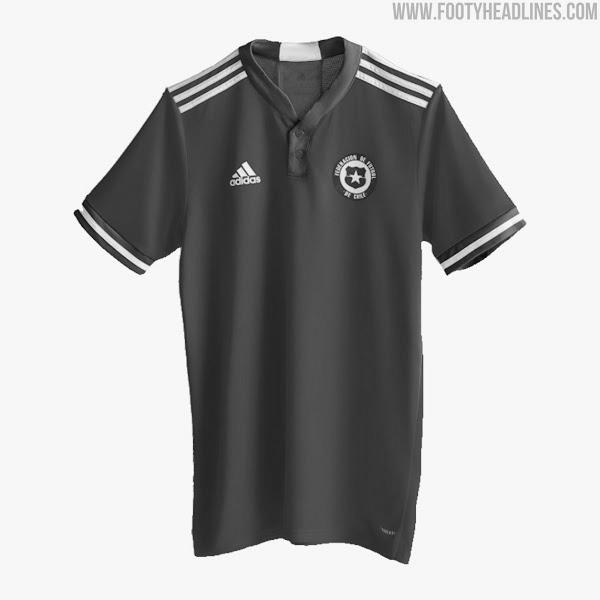
Although Chile has never been considered a traditional football powerhouse, its style has infused its sports consciousness and landed them on the world stage. Combining a romantic coach and a devoted disciple has created a unique style that has become synonymous with Chile’s success.
Castillo’s ban from chile soccer
The Chilean Football Association has appealed the decision of FIFA’s Disciplinary Committee to overturn Byron David Castillo’s ban from international soccer. The disciplinary committee ruled that Castillo’s nationality did not disqualify him from the 2022 World Cup. Castillo was born in Ecuador in 1998. In back-to-back World Cup qualifying games, the Chilean football association filed complaints against the opposing player.
Castillo’s ban from Chile soccer comes after allegations that his birth certificates were forged. While his passport stated that he was born in Tumaco, Colombia, the birth certificate shows he was born in General Villamil, Ecuador. Moreover, two birth certificates recorded different names for Castillo. The Colombian birth certificate listed his birthdate as November 9, 1995, while the Ecuadorian birth certificate states that he was born on November 10, 1998.
The appeals committee rarely overturns the FIFA disciplinary committee’s decision, but the committee did in this case. The appeals committee also found that Castillo did not falsify his documents and complied with the rules for playing for Ecuador. The appeal was heard remotely from Zurich, Switzerland.
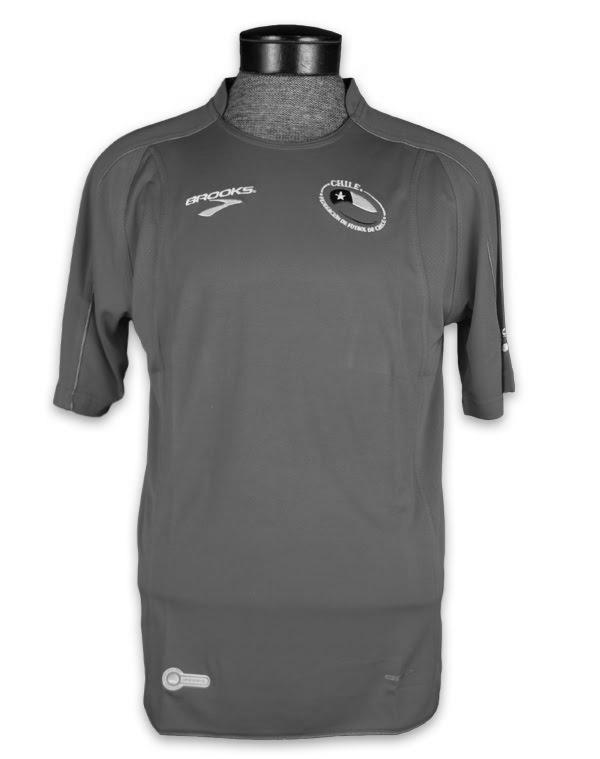
In a failed appeal, Chile claimed Castillo was Colombian, but the disciplinary committee said Chile was not allowed to replace him at the World Cup. If Chile had won the World Cup, Castillo would have been a replacement for Ecuador. The Chilean soccer federation claimed that the player had falsified his birth certificate and passport to claim Ecuadorian citizenship.
Castillo was born in Tumaco, Colombia, in 1995. He had not yet reached his senior international career and had played for Ecuador in a 2-0 win. Although Castillo hasn’t publicly discussed his nationality, he’s been asked to appear via video link before FIFA’s Appeals Commission.
Castillo’s involvement in Ecuador’s World Cup bid
The appeals committee for FIFA has ruled that Castillo’s involvement in Ecuador’s World Cup bid does not violate FIFA rules. The committee reviewed documents and conducted a month-long probe to decide. The Chilean federation now has ten days to appeal the decision. In the meantime, Ecuador can focus on its World Cup preparations. The South American nation is set to play Qatar in its opening match on November 20 at 11 a.m.
While Castillo played for Ecuador at the junior level, his first senior appearance for the national team was in 2021. He has never publicly addressed the issue of his nationality. However, he was asked to testify to FIFA’s Appeals Commission via video. Although he has not made a statement to the Commission, he has admitted that he was born in Tumaco and moved to San Lorenzo during childhood. However, documentary evidence strongly suggests that Castillo was born in Colombia.
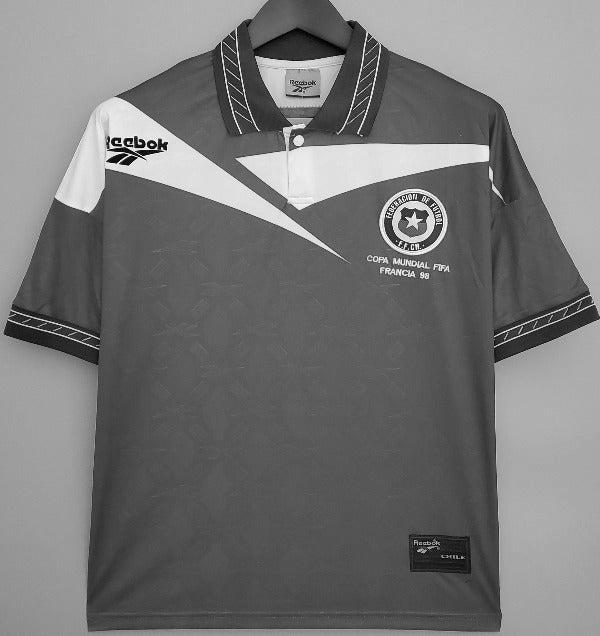
The investigation started in April when Chile filed a complaint against Castillo for not holding Ecuadorian citizenship. It is unclear whether the FIFA complaint will ultimately result in Castillo’s disqualification from the tournament. Castillo has made eight appearances for Ecuador during the qualifying campaign. Although his nationality is Colombian, he has an Ecuadorian passport. The case has now gone to FIFA’s Appeals Commission, chaired by American lawyer Neil Eggleston.
The case was presented in Zurich by Chile and is currently under review by FIFA. A decision could come in as early as 24 hours. The 32-team World Cup starts on November 20, and Chile hopes to replace Ecuador in the opening game against Qatar.
Castillo’s future with chile soccer
Byron Castillo’s future with Chile soccer is uncertain. The federation has requested that FIFA investigate three possible administrative offenses against him. These include falsifying his birth certificate and age claimed on an apocryphal certificate. He has also been accused of having a false nationality. Although he plays for a small club in Ecuador, his race is considered Colombian. His exclusion from the World Cup is a significant setback for Chilean soccer and could result in the elimination of the nation from the tournament in Qatar.
Castillo’s nationality is one of the most controversial issues surrounding his future in Chilean soccer. Many players from poor regions of the world rely on private investors to train and fund their early careers. These investors usually exchange their transfer rights for a player’s training. Castillo’s nationality has come up in a dispute over his transfer rights. He was considering a move to Mexico before his nationality was revealed. In a previous interview, he claimed he was born in Colombia. However, he has now changed his birth date to 1995.
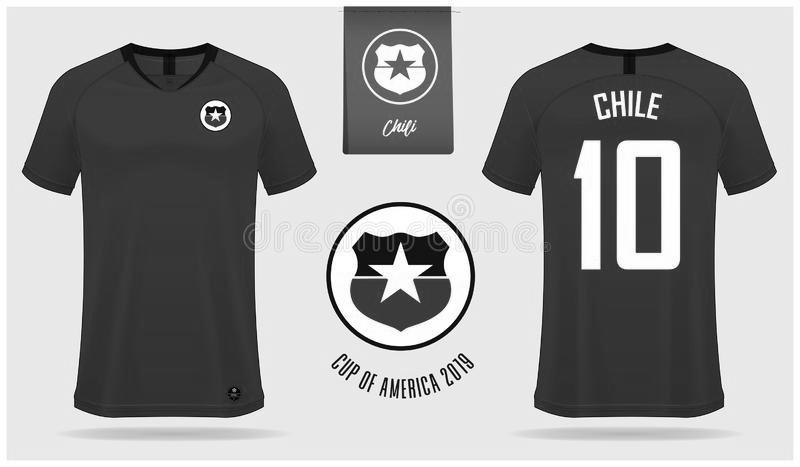
Furthermore, Chile has confirmed that the baptism registration with his name was a valid document. Chile also checked Castillo’s birth certificate with the Colombian registry to ensure it was authentic. The Colombian registry does not recognize Castillo’s potentially falsified birth certificate.
The disciplinary committee of FIFA has rejected the complaint made by the Ecuador federation against Castillo. Castillo’s future with Chile soccer is uncertain, and Chile’s federation claims to have documents proving his citizenship.






